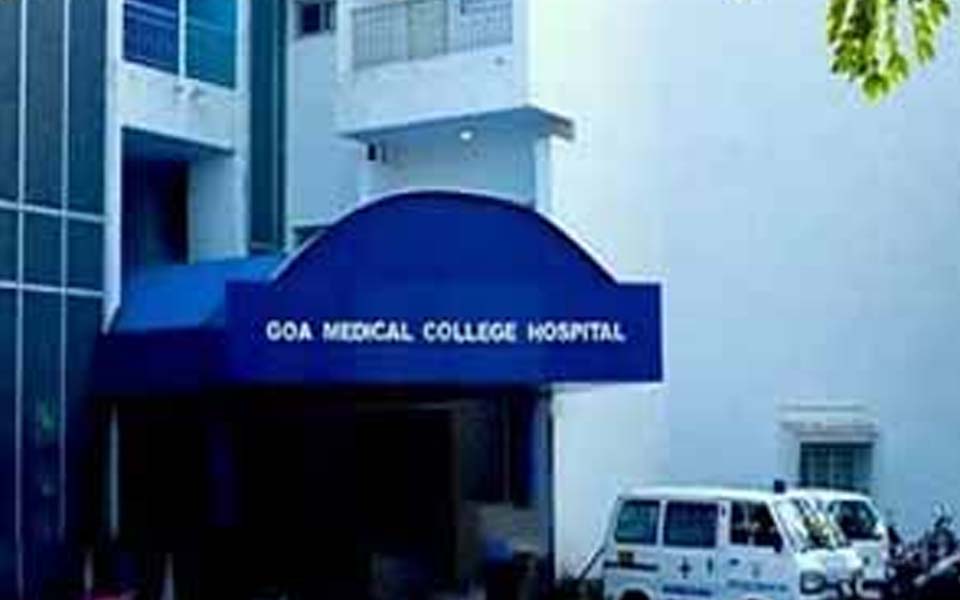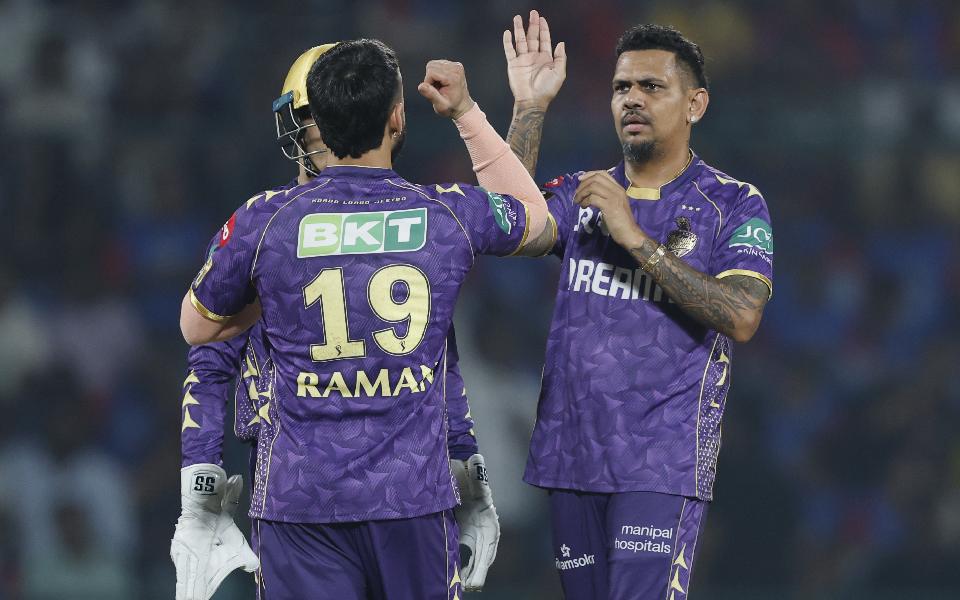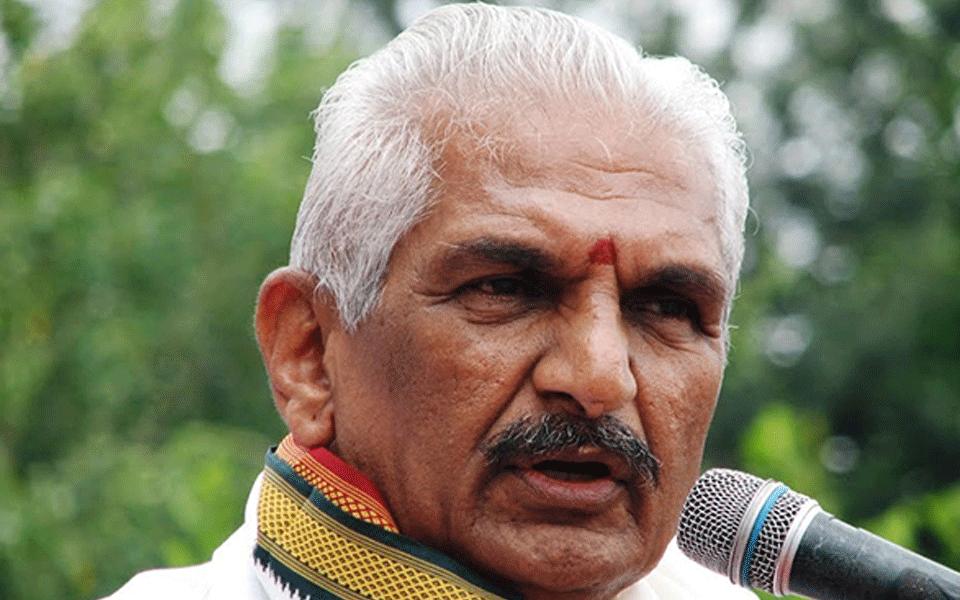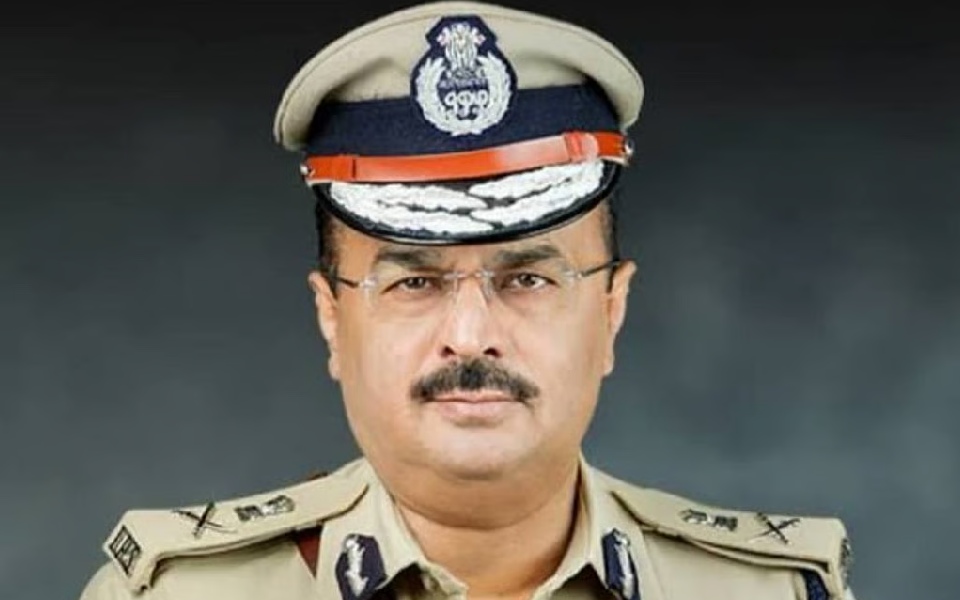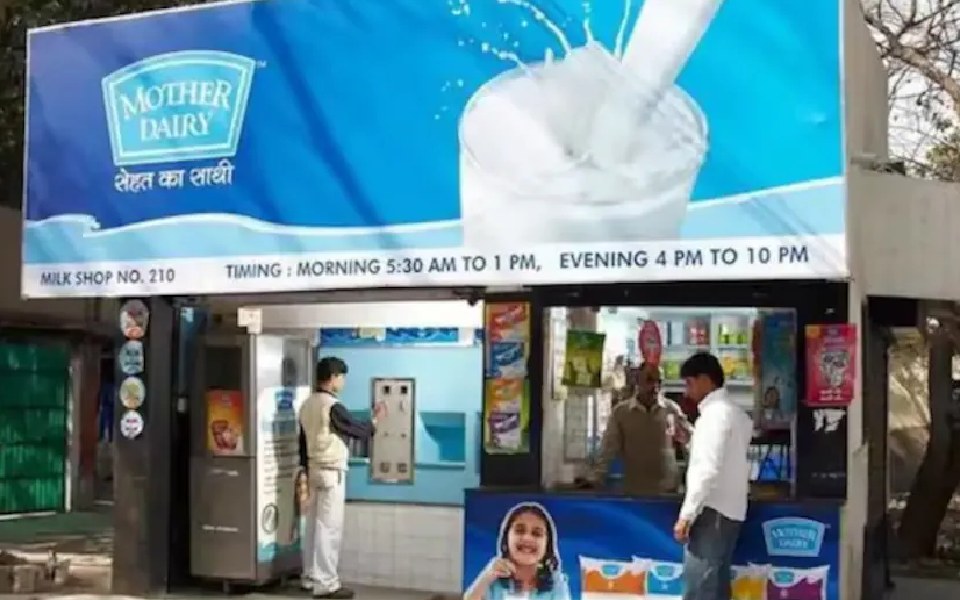Panaji, Sep 5: Over one-and-half centuries after a medical college, one of the first in Asia, was started in then Portuguse-ruled Goa, the coastal state may get another school for doctors.
Health Minister Vishwajit Rane said on Thursday that the government was considering a proposal to start a second medical college at Margao in South Goa district, attached to the upcoming district hospital.
The process to set up the college will start only when Chief Minister Pramod Sawant gives his nod, he added.
The existing Goa Medical College and Hospital (GMCH), located at Bambolim near Panaji in North Goa, was established in 1842.
The college churns out 150 MBBS graduates every year.
"A new college will help us get more MBBS seats and more doctors," Rane said.
The new college would be independent of the GMCH.
"We will take a call on whether it would be a government or a private medical college," the minister added.
Let the Truth be known. If you read VB and like VB, please be a VB Supporter and Help us deliver the Truth to one and all.
New Delhi, Apr 29 (PTI): Kolkata Knight Riders defeated Delhi Capitals by 14 runs to keep their IPL play-off hopes alive here on Tuesday.
Invited to bat, a collective batting effort helped Kolkata Knight Riders post 204 for 9.
Their bowlers, led by Sunil Narine 3/29, then restricted the Capitals to 190/9 despite contributions by Faf du Plessis (62), Axar Patel (43) and Vipraj Nigam (38).
Earlier, Angkrish Raghuvanshi (44 off 32 balls) top-scored for KKR.
Mitchell Starc (3/43) picked up three wickets for the hosts, while spinners Axar 2/27 and Nigam (2/41) chipped in with two wickets apiece.
Brief Scores:
Kolkata Knight Riders: 204 for 9 in 20 overs (Angkrish Raghuvanshi 44, Rinku Singh 36; Mitchell Starc 3/43).
Delhi Capitals: 190 for 9 in 20 overs (Faf du Plessis 62, Axar Patel 43; Sunil Narine 3/29).

